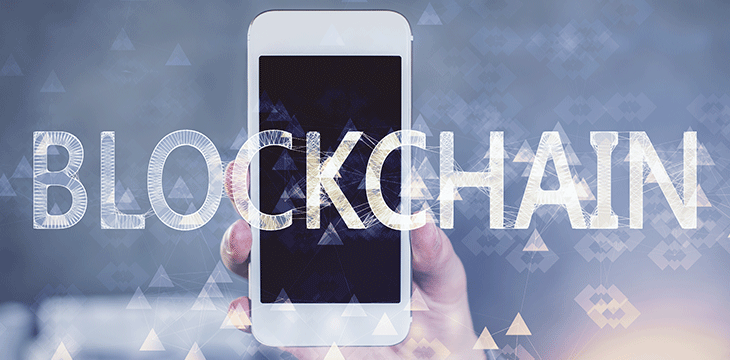|
Getting your Trinity Audio player ready...
|
In a bid to reduce spam and fraudulent messages, Telecom Regulatory Authority of India (TRAI) implemented the Telecom Commercial Communications Customer Preference Regulations (TCCCPR). The new SMS rule was introduced in 2018 and was implemented by the telecom operators on March 8, 2021. TCCCPR was designed to stop the problem of “unsolicited commercial communication or spam call and messages”.
The regulation aims to tackle frauds that take place through SMS. This TRAI’s new rule ensures all SMS messages have to be verified before they reach the users and all have to be registered in the TRAI Distributed Ledger Technology (DLT) platform. These include communication messages like one-time password (OTP), verification codes, and notifications sent by businesses to their customers.
However, the regulation had to be delayed temporarily for seven days after the incidents that occurred during its implementation on March 8, 2021. Immediately after the TRAI regulation was implemented, consumers in India experienced inconveniences such as mass failure in generating SMSes and OTPs. Many of services were affected because of the OTP failure including net banking, credit card payments, Aadhaar-enabled transactions, railway ticket bookings, and vaccine registrations.
According to Economic Times, “Close to 50% traffic is getting dropped because of content scrubbing. Officials from India’s top banks including HDFC and SBI are extremely furious and dialling TRAI to address the mess at the earliest,” a top executive at a leading telemarketing firm told the business publication.
Bharat Sanchar Nigam Limited DLT
India’s state-owned telecommunication, Bharat Sanchar Nigam Limited (BSNL), has registered 7,477 businesses on its blockchain-based communication platform since the TRAI bulk SMS regulation was implemented.
The TRAI established messaging regulations that require scrubbing consumer communication messages to ensure that the receiver of the message has opted in for such interactions. This new move is supported by BSNL DLT, a content verification platform built on ledger-based blockchain protocols.
Organizations using BSNL DLT will be subject to SMS screening against pre-registered messaging templates hosted on the blockchain. In case of a mismatch, the message will be blocked by the company’s telecom provider honoring consumer interest.
TRAI had warned that they will block communications of non-compliant organizations, as an official said: “The Telecom Regulatory Authority of India will accept no reason, give no consideration and no extension to all those who have not streamlined their SMS process. Let their businesses suffer 100%.”
Watch: CoinGeek Zurich panel, Blockchain as a Service (BaaS): Easy Infrastructure for Enterprise-Grade BSV Applications

 02-17-2026
02-17-2026 




